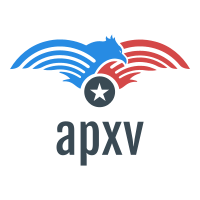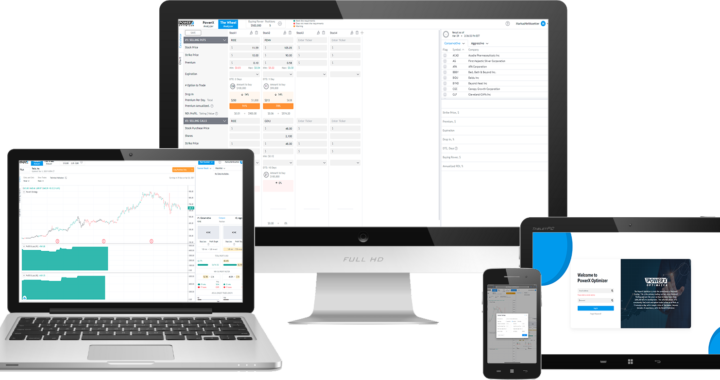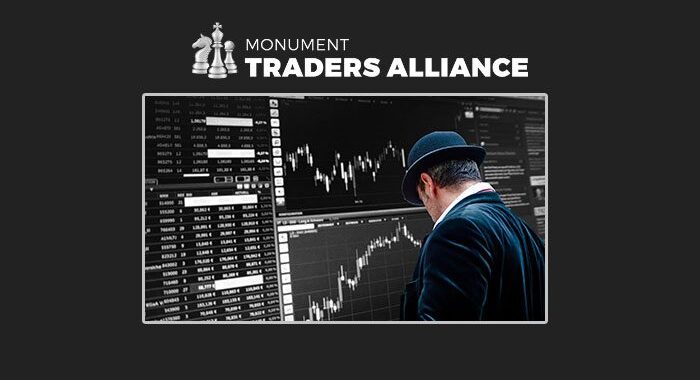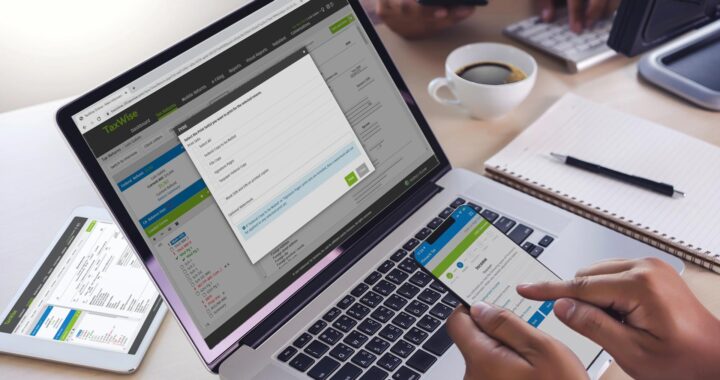What to do if you can’t pay back a Blursoft Merchant Cash Advance


When a small business is in a tight spot, a merchant cash advance (MCA) can seem like a lifesaver. Businesses can get a lump sum of cash from MCA providers like Blursoft, Credibly, and Reliant Funding. The business then pays back the advance with a set percentage of the sales made with debit and credit cards. This type of business financing is used by new businesses or small business owners who wouldn’t qualify elsewhere, perhaps because they have bad credit or their income isn’t stable.
MCAs are known to have very high fees and often trap people in a cycle of debt that never ends. In fact, a lot of people and government officials think the practice should be illegal. But people who support MCAs think that they serve a very real purpose by helping businesses (usually struggling businesses) get the money they need to stay in business. They wouldn’t meet the requirements of traditional lenders, so MCA providers were their only option.
Let’s look at this unique way to get money for your business and what to do when you can’t pay the bill.
What is a cash advance for a business?

A merchant cash advance, or MCA, gives a business a lump sum of cash in exchange for a percentage of its future sales. A merchant cash advance is not a loan in the strictest sense. Instead of a financing agreement, the provider buys a portion of the business’s future debit and credit card sales for a certain amount of time.
How it works is as follows
Six weeks into an 8-week project, A+ Construction Co. Half of the money for the project was paid up front to cover the cost of labor and materials. The other half is due when the project is finished. Five weeks into the project, they hit a gas pipe. Fixing it cost $8,000 more than they had planned. This is fine, but the price made it hard for the business owner to pay his staff. They need money to help them get through the next two weeks and finish the project.
Since they can’t get a traditional business loan, they go to companies like Blursoft, Credibly, and Reliant Funding that offer business cash advances to get the money they need to pay the bills. A+ Construction Co. decides to get a $10,000 advance with a 20% holdback after looking at all of its options. This means that for the next eight weeks, A+ Construction Co. won’t get to keep all of the money they make from credit and debit card sales. Instead, the vendor will keep 20% of each sale until they’ve gotten back the $10,000 they gave them.
Of course, that doesn’t count the fee
The MCA provider will charge a fee for the transaction in addition to the initial advance. Most of the time, this fee is written as a “factor rate.” For example, if A+ Construction Co. gets a $10,000 advance and pays back 20% of their sales at a 1.35-factor rate, they will pay back about $13,500 by the end of the eight weeks.
The main problem with merchant cash advances is that they cost a lot of money. The fees and terms of repayment can add up to interest rates as high as 350%, turning what was supposed to be a short-term solution into a long-term financial burden. When you add in the risks of a strict loan application process and contract, the MCA becomes a very risky and expensive way for a business to get money.
Also, these kinds of agreements aren’t usually thought of as consumer debt like credit cards or personal loans. This means that federal laws that protect consumers don’t usually apply, and the ways debts are collected can be harsher than with personal or consumer debts.
What does a name mean?
When we talk about merchant cash advances, we mean getting money ahead of time. As we’ve already said, they aren’t giving out loans. Instead, they buy sales that will happen in the future. If that sounds like a play on words, it is. With this creative way of complying, the MCA provider can avoid the licensing requirements that lenders have to meet. MCA providers aren’t usually lenders, and a merchant cash advance isn’t a loan.
There are several other ways to talk about “loans” for businesses. You might also hear this way of getting money for a business called:
cash advance for business business advance loan
cash loan to a business
business payday loans
vendor cash loan
Payday loans from merchants
A small business loan for a vendor advance
Loan to merchants in advance
What happens if I can’t pay back a merchant cash advance (from Blursoft or another vendor)?
If you can’t pay back your merchant cash advance, there are a few things that could happen. These can include penalties and fees from the provider, damage to your credit score, seizure of business assets, and legal action, just to name a few.
Advances usually have tight deadlines for paying them back and high interest rates, so it’s important to think carefully about your options before committing to one.
There are a few things you can do if you are having trouble with your merchant cash advance or if you are having trouble making payments. These can include looking into other forms of financing (preferably traditional ones), negotiating with the provider for better terms, or changing your business’s budget to fit the needs of your advance.
If you still can’t get and stay caught up, it’s important to talk to a business debt settlement attorney for advice and help. Do this as soon as you can so you can figure out how risky your business is and find a solution that works for you and your business.

 PowerX Optimizer: The Ultimate Software for Finding and Executing Winning Trades
PowerX Optimizer: The Ultimate Software for Finding and Executing Winning Trades  Monument Traders Alliance Reviews: Is It Worth Joining?
Monument Traders Alliance Reviews: Is It Worth Joining?  How to Track IRS Refunds Using Cloud Tax Preparation Software
How to Track IRS Refunds Using Cloud Tax Preparation Software  5 Tips for Choosing Motorhome Insurance
5 Tips for Choosing Motorhome Insurance  Choosing Residential Property Managers: A Guide
Choosing Residential Property Managers: A Guide  Buying Your First Home: 9 Essential Steps
Buying Your First Home: 9 Essential Steps  Movierulz 2026: Risks, Reality, and Safer Alternatives
Movierulz 2026: Risks, Reality, and Safer Alternatives  Top Networking Events in Atlanta 2023
Top Networking Events in Atlanta 2023  Lighten the Mood: Hilarious Work Meeting Jokes
Lighten the Mood: Hilarious Work Meeting Jokes  Exploring Movierulz 2024: Safe Download Tips
Exploring Movierulz 2024: Safe Download Tips